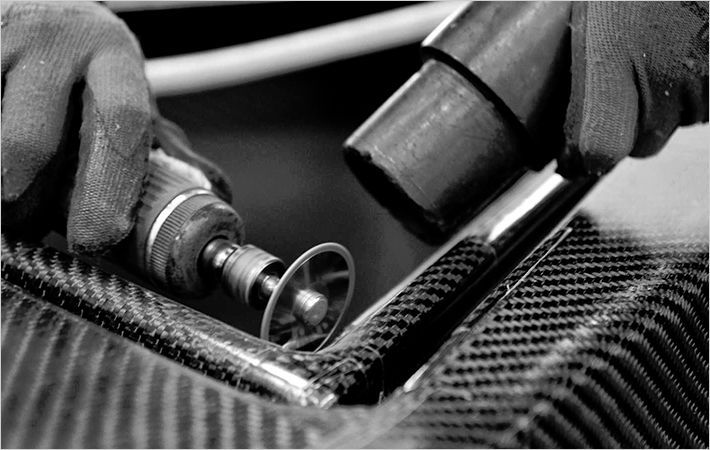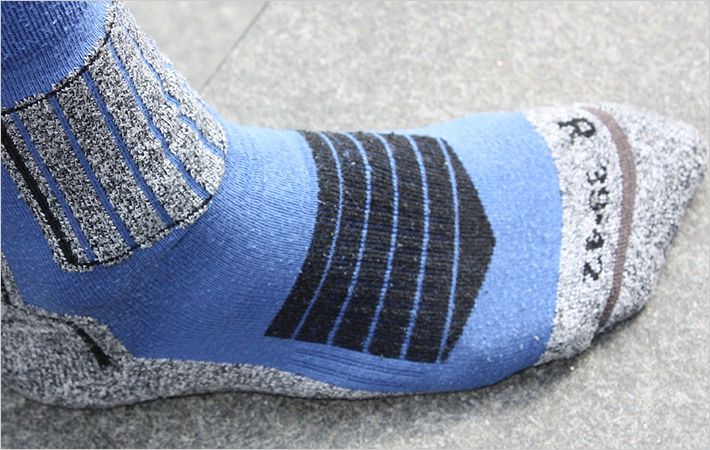UK-based Surface Generation has unveiled its new multiplexing compression moulding technology for high-volume manufacturing that dramatically improves throughput.
Developed to form fibre-reinforced plastic components with greater speed and precision, multiplexing uses a unique transfer process with a pressure containment cassette that allows mould faces and laminates to be held at predefined loads, even outside the press.UK-based Surface Generation has unveiled its new multiplexing compression moulding technology for high-volume manufacturing that dramatically improve#
Mould faces are loaded into cassettes and passed through a series of material loading, preheating, moulding, cooling, and demoulding stations, which precisely control the temperature and pressure applied. The use of multiple cassettes, and multiple preheating & cooling stations minimises time within the press and makes it possible to achieve Takt times of as low as one minute, the company informs in a media statement.
Surface Generation’s Production to Functional Specification (PtFS) technology is central to the system, allowing temperatures to be dynamically controlled to the exact local requirements of each part. By adapting heating and cooling levels in real-time, quality is assured and throughput maximised.
The major PtFS advancement transforms high-volume compression moulding. Traditional transfer processes use laminate preheating, with cold tools to speed production. With PtFS and multiplexing the mould heats, stabilises, and cools parts, allowing the press to open early and freeing this expensive bottleneck to run again.
The company’s clients use PtFS to optimise their use of advanced composite materials like carbon fibre to manufacture products such as aircraft wings, consumer devices, or automotive components much more efficiently than is possible with traditional manufacturing techniques. (GK)
Fibre2Fashion News Desk - India

